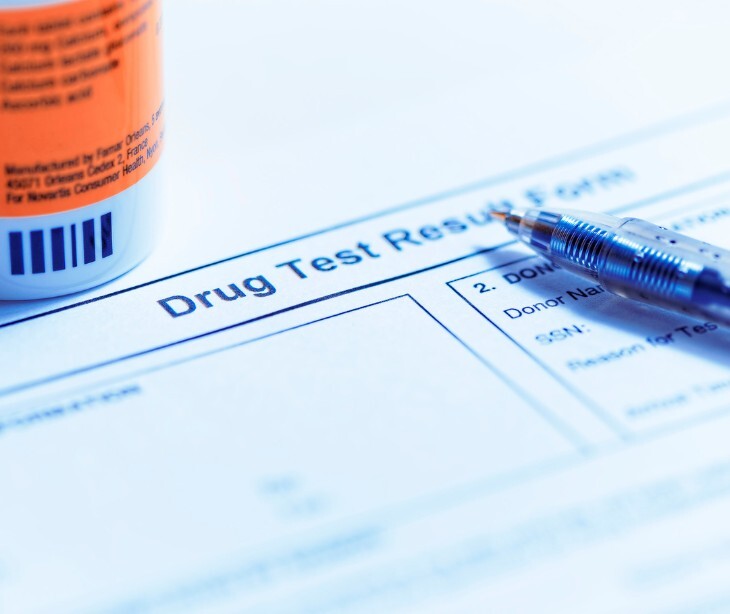
Alcoholics anonymous (AA) is a mutual aid fellowship rather than a health care provider or insurer. While members of AA are generally expected to respect each other's privacy and confidentiality as part of the fellowship's guidelines, HIPAA does not apply.
How AA meetings work
Based on the AA document titled Understanding Anonymity, the organization's foundation is built on the principle of anonymity. The basis of protecting members' privacy and confidentiality rests in this principle and the adherence to AA guidelines through shared experience. When members join AA, they agree to adhere to the organization's guidelines, which require maintaining each other's anonymity. This agreement creates a space where individuals feel secure to openly share their experiences with alcoholism without fear of judgment or exposure outside the group. Members are constantly reminded to be cautious about revealing their AA participation or the participation of others in any public forum.
See also: Top 10 HIPAA compliant email services
Why HIPAA does not cover AA meetings
The absence of formal health care transactions, such as billing medical services to health plans, further delineates AA from the activities that would categorize an organization as a covered entity under HIPAA. HIPAA mainly applies to "covered entities" that conduct certain transactions (specifically treatment, payments, and operations), as defined in its provisions (45 CFR §160.103). In contrast, AA's approach to data is inherently informal and non-systematic; it does not collect, store, or transmit PHI in a manner that necessitates HIPAA compliance. Any interactions within AA are based on voluntary participation. This exchange of information is verbal and occurs in a context of mutual respect for privacy, without creating written records or employing electronic systems to document or manage the information shared.
See also: HIPAA Compliant Email: The Definitive Guide
Aspects of substance use disorder (SUD) treatment where HIPAA does apply
A chapter of Improving the Quality of Health Care for Mental and Substance-Use Conditions: Quality Chasm Series, is detailed on how HIPAA applies to aspects of substance use disorder treatment, despite its non-application to non-professional groups like AA. specific scenarios where HIPAA applies to substance use disorder:
- Treatment records: HIPAA applies to the records of individuals receiving SUD treatment from healthcare providers that conduct certain transactions electronically, such as billing insurance electronically for treatment services.
- Health information exchange: When SUD treatment information is shared between covered entities or with business associates for treatment, payment, or healthcare operations purposes, HIPAA's rules on protected health information (PHI) exchange apply.
- Electronic health records (EHR): HIPAA applies to SUD treatment information that is part of an electronic health record system used by covered entities.
- Billing and payment: When SUD treatment providers submit claims to health plans electronically, HIPAA applies to the associated health information.
- Healthcare operations: HIPAA covers SUD treatment information used or disclosed for operational purposes by covered entities, such as quality assessment, provider training, and certain administrative activities.
- Patient rights: HIPAA grants individuals rights over their health information, including SUD treatment records held by covered entities. This includes the right to access, amend, and obtain an accounting of disclosures of their health information.
- Business associates: When covered entities engage third parties (business associates) to perform functions or activities that involve the use or disclosure of PHI, including SUD treatment information, HIPAA's business associate provisions apply.
See also: HIPAA and substance abuse patients PHI
FAQs
What is the rule of anonymity?
The rule of anonymity refers to the principle that members of certain groups, like AA, maintain confidentiality and anonymity of their participation and the identities of other members.
What is the psychotherapy exception?
The psychotherapy exception within HIPAA allows psychotherapists to withhold notes from patient records provided to others, including the patient, to ensure the confidentiality of therapy sessions.
What percentage of people succeed in AA?
Studies and reports vary widely, but it is often cited that around 8%-12%of people who participate in AA achieve long-term sobriety, though success rates can vary based on numerous factors and the methodology of the study.
Subscribe to Paubox Weekly
Every Friday we bring you the most important news from Paubox. Our aim is to make you smarter, faster.




